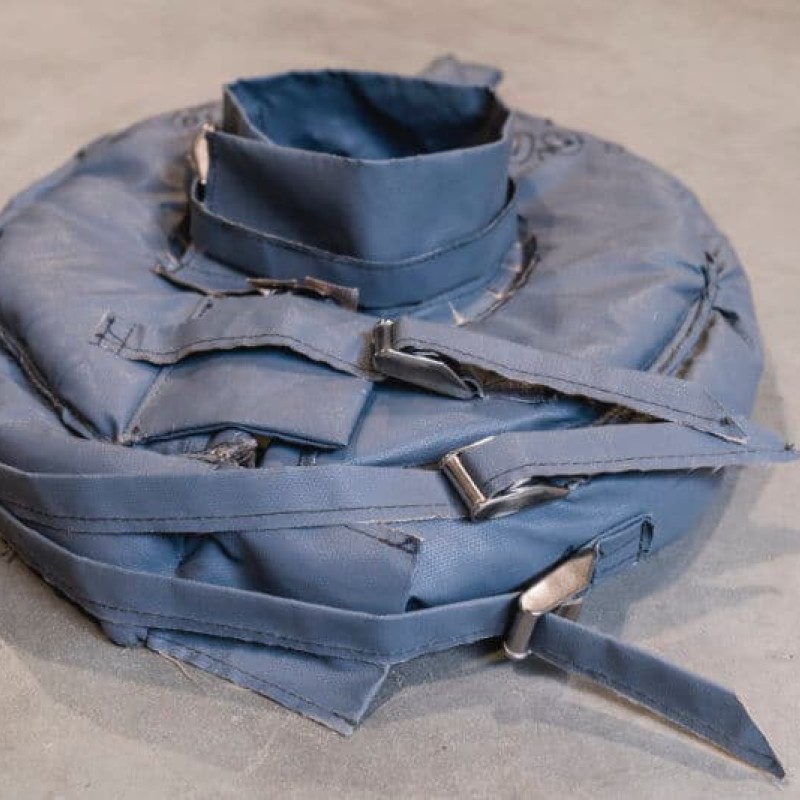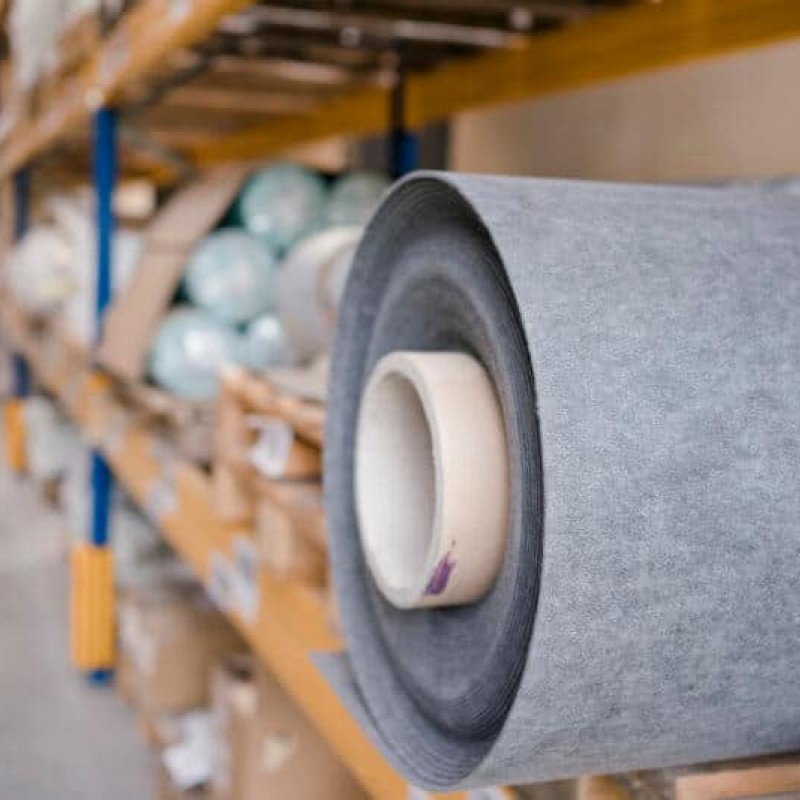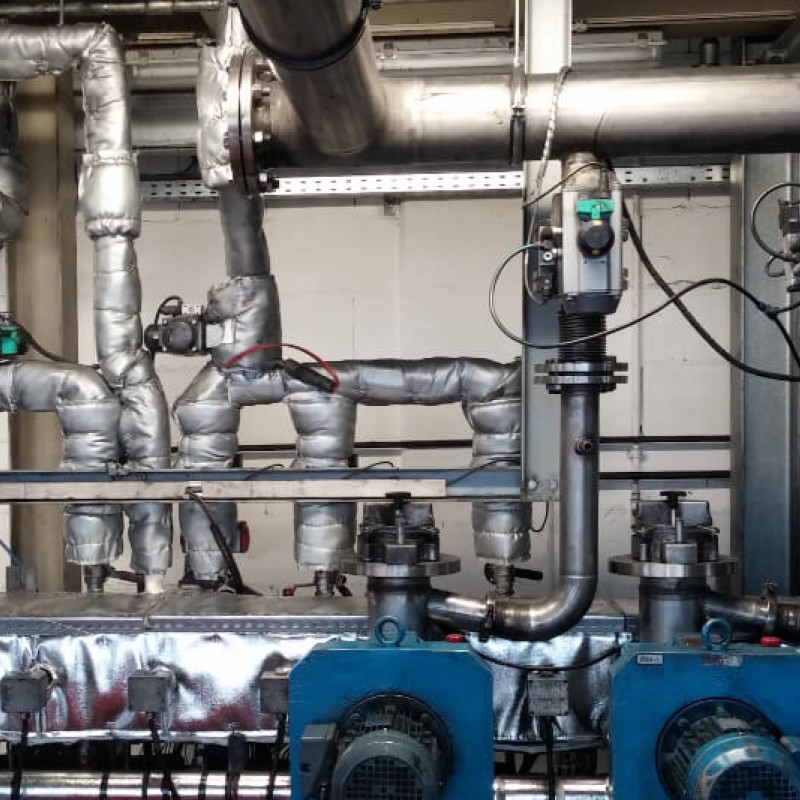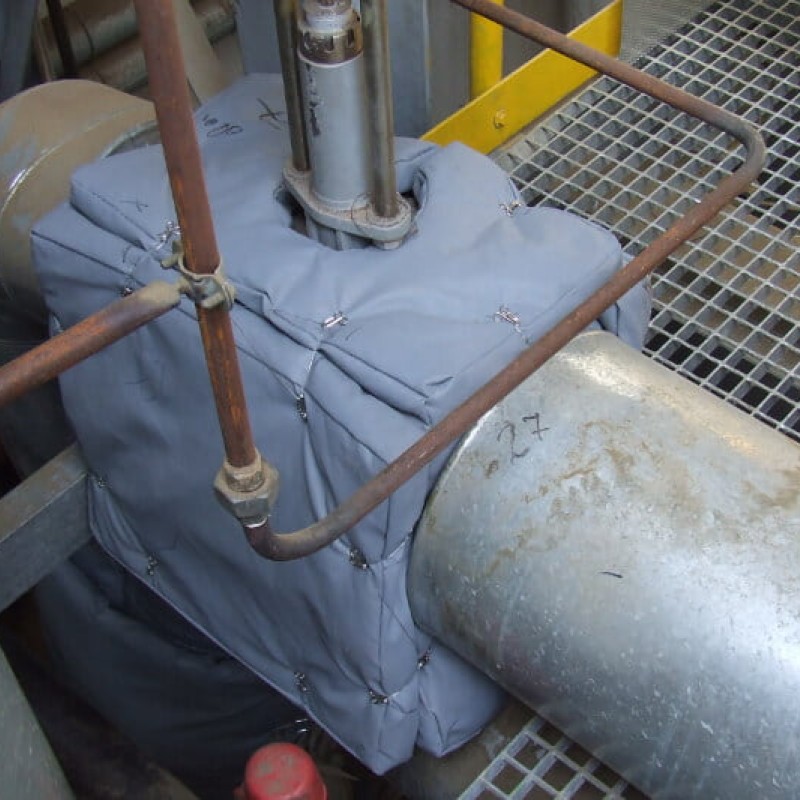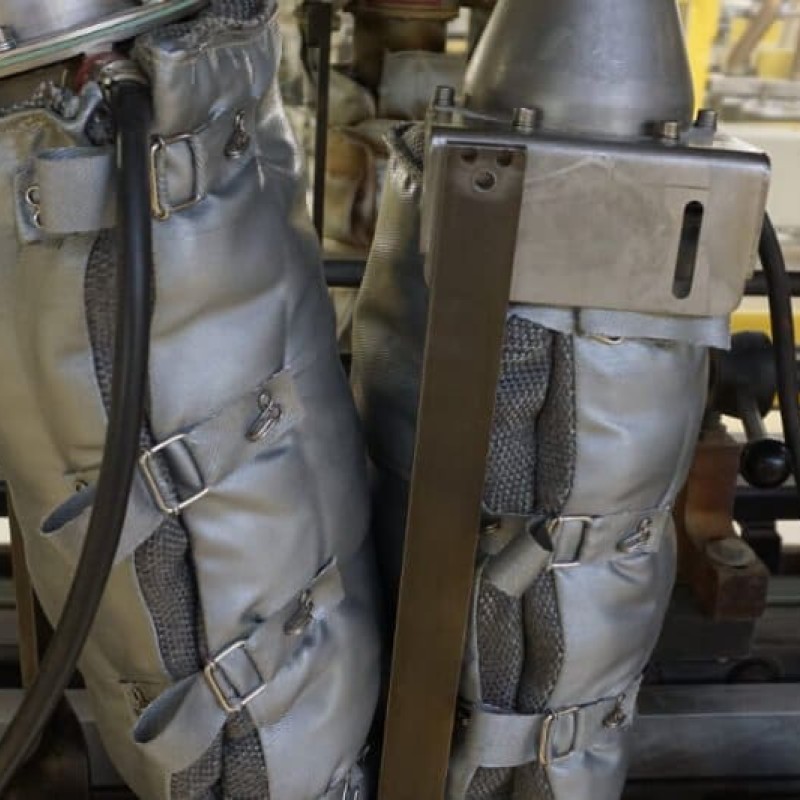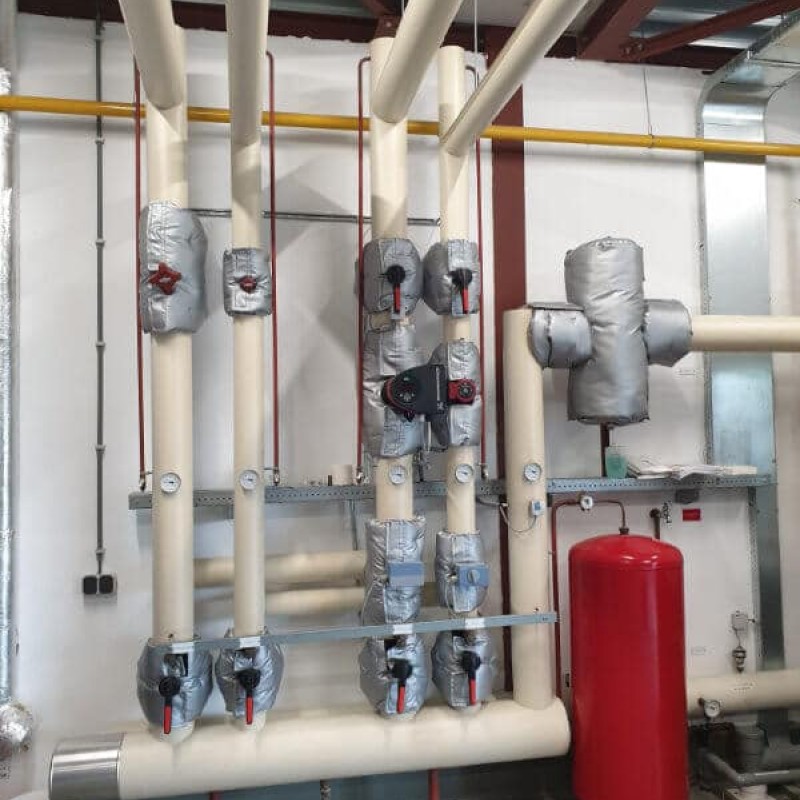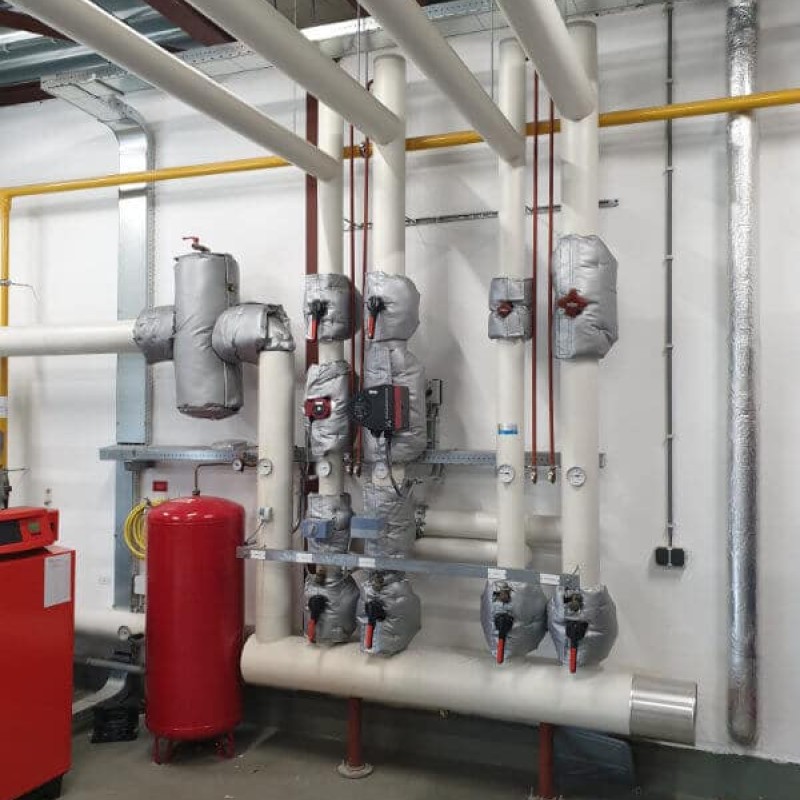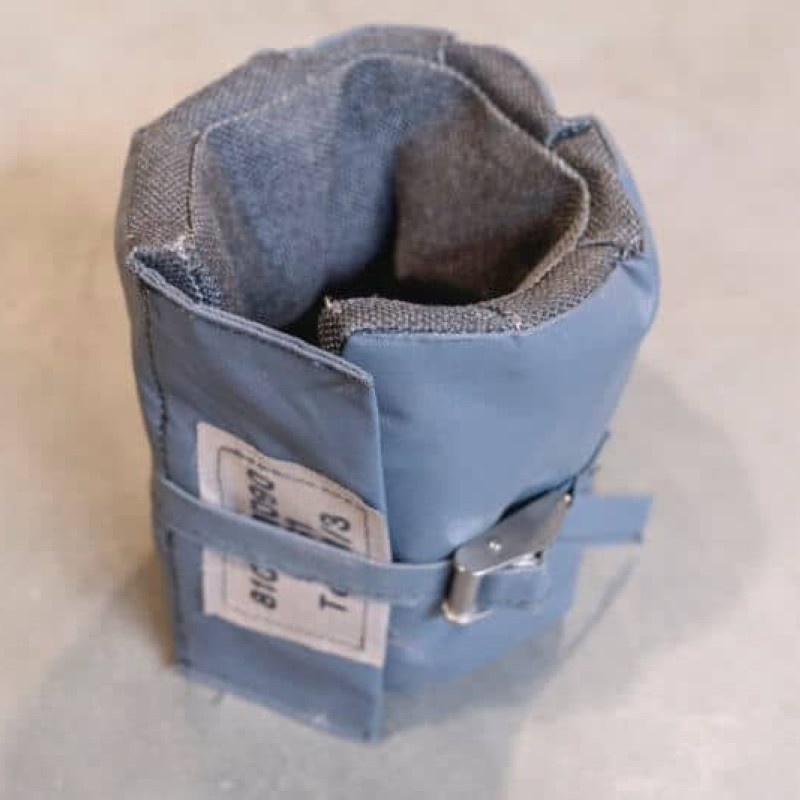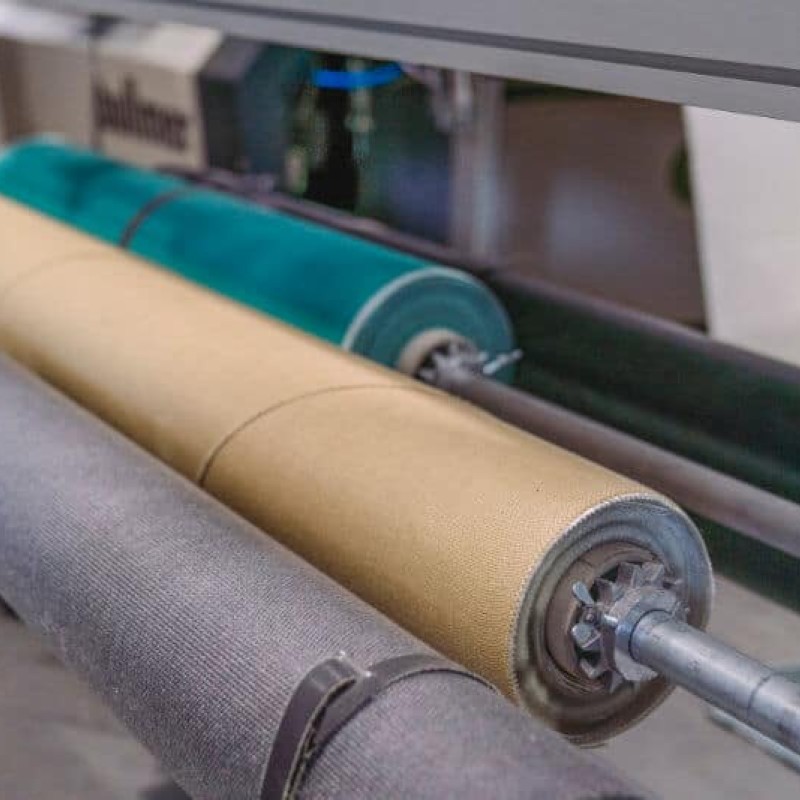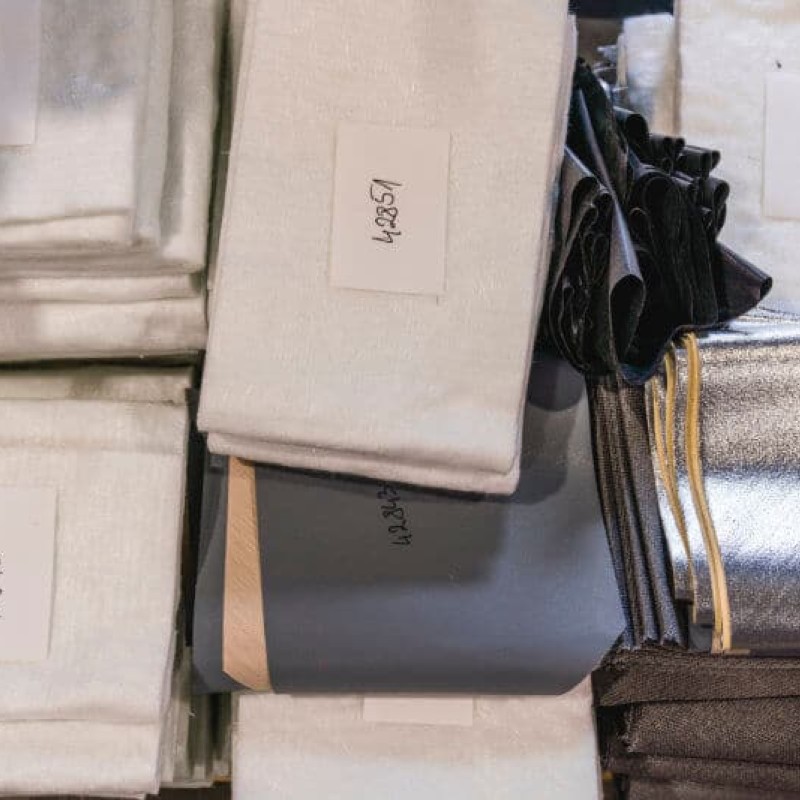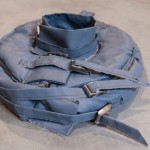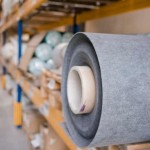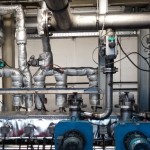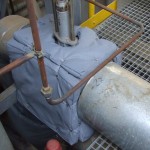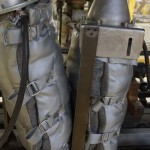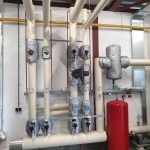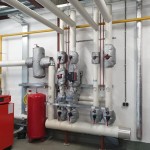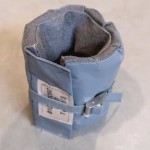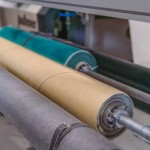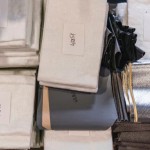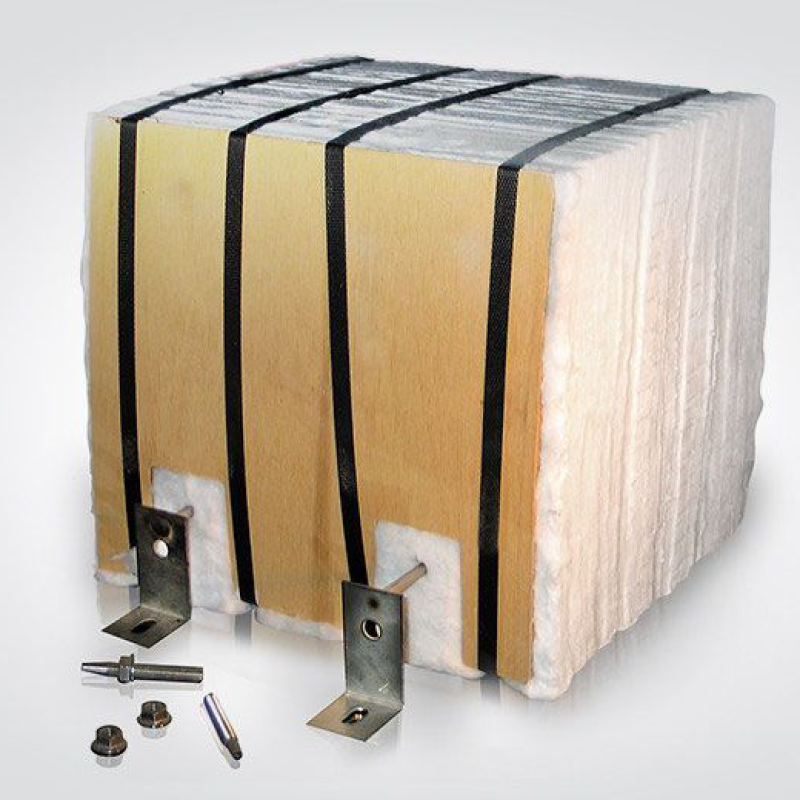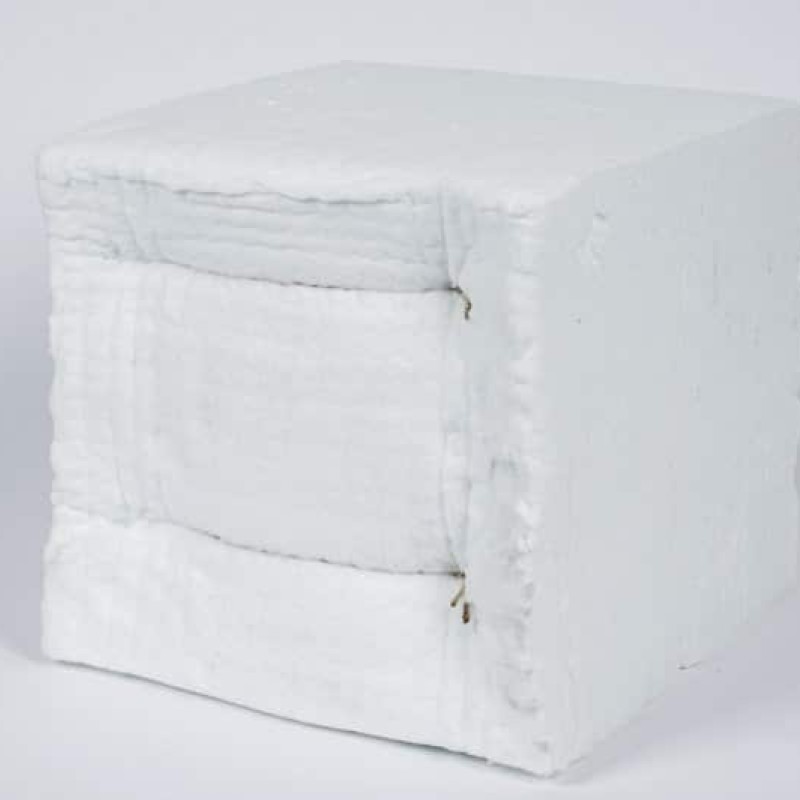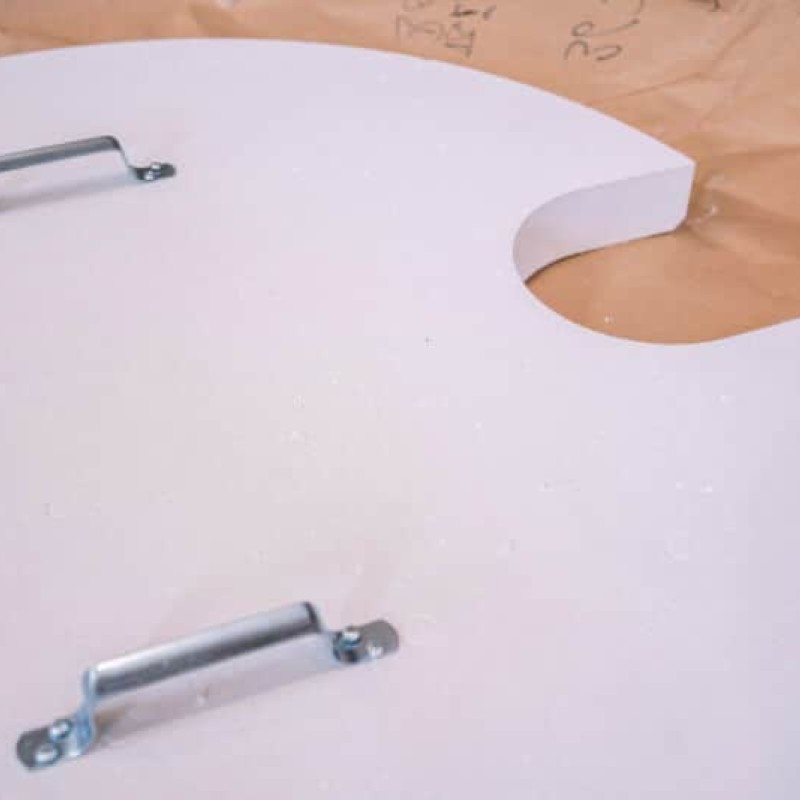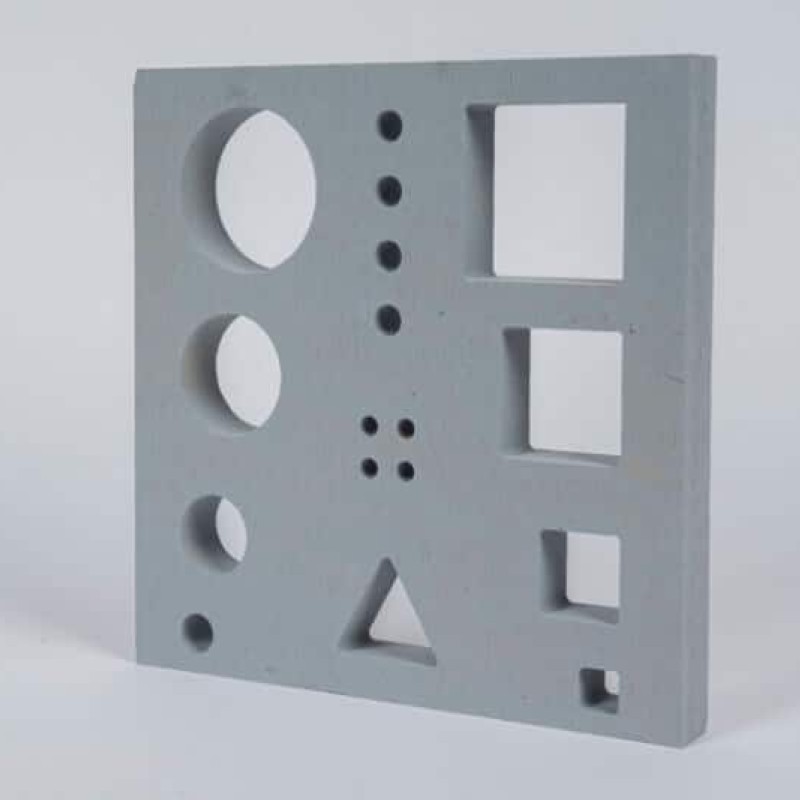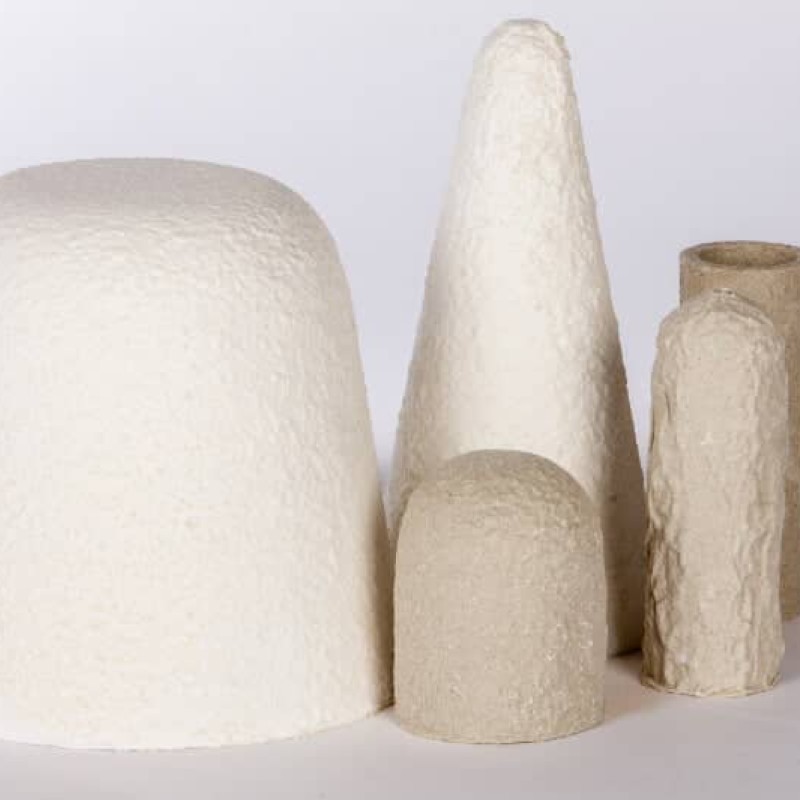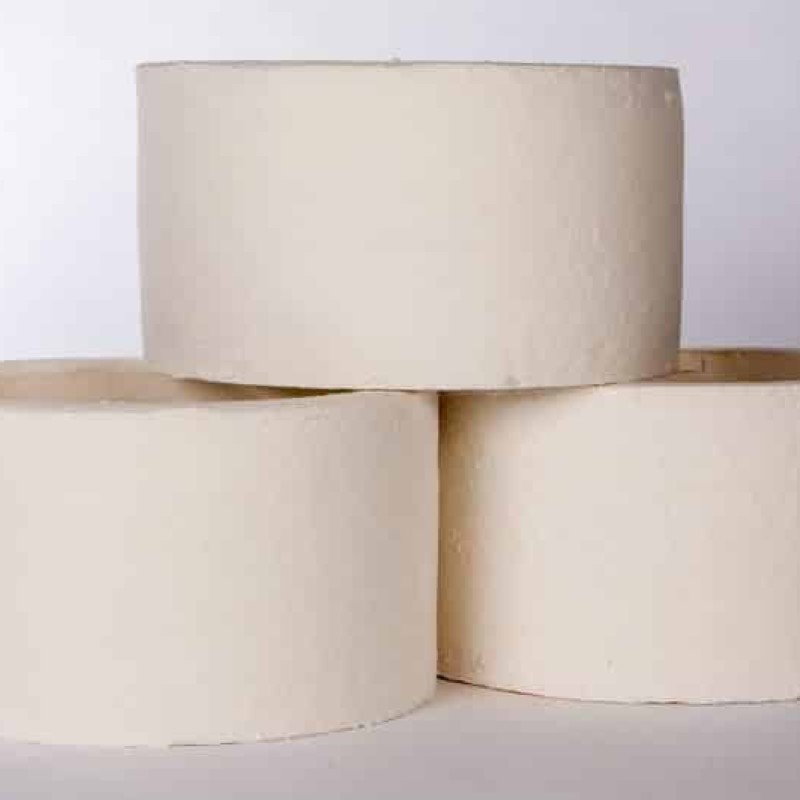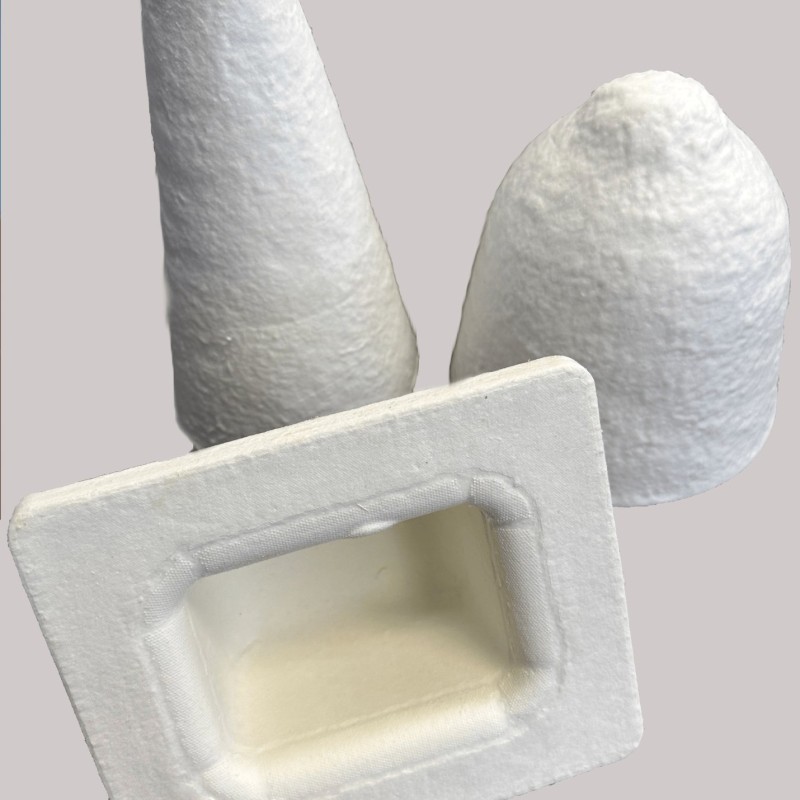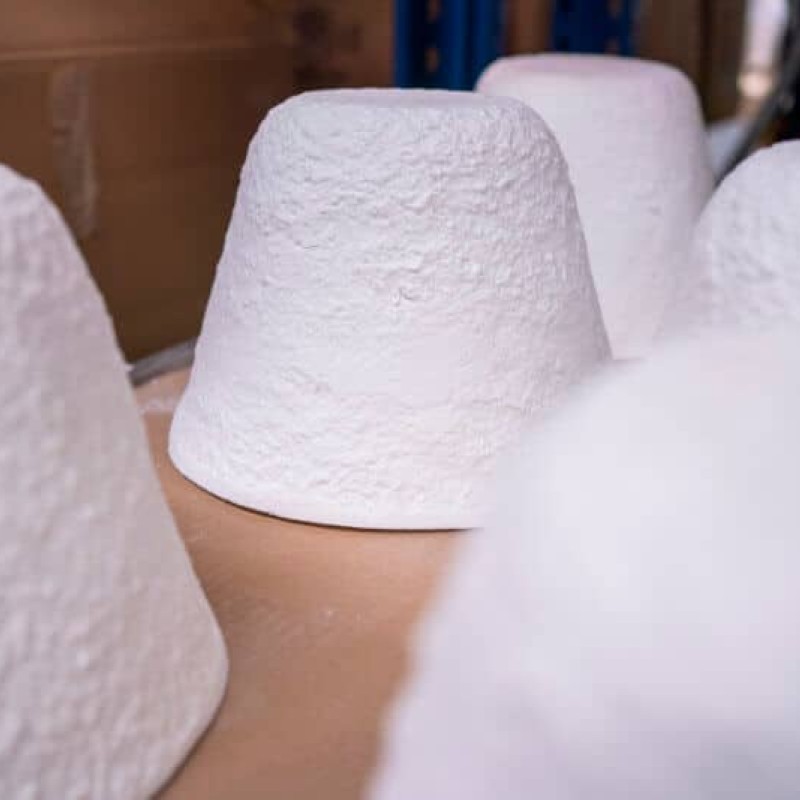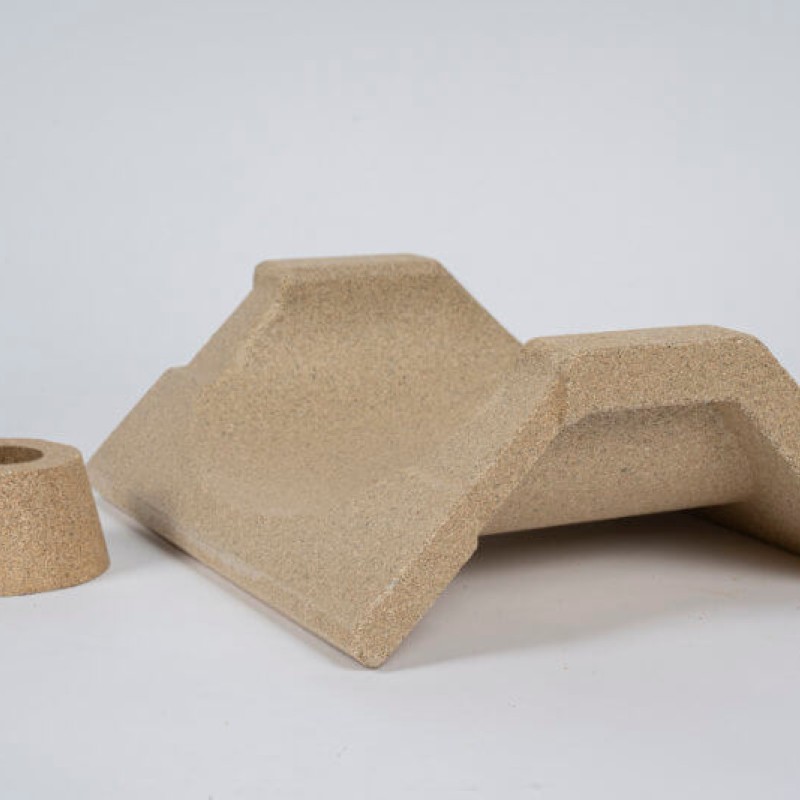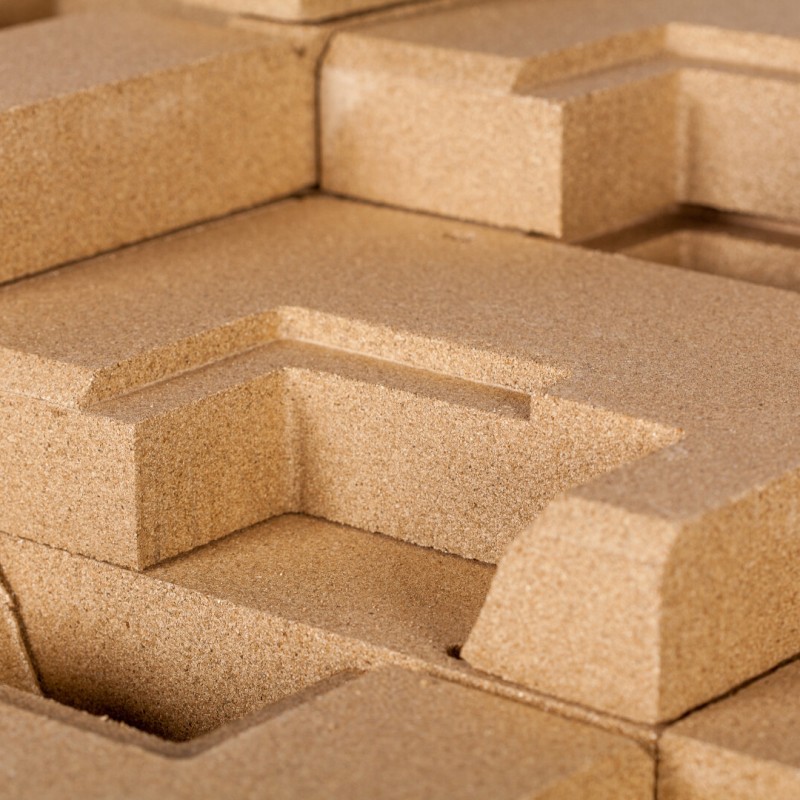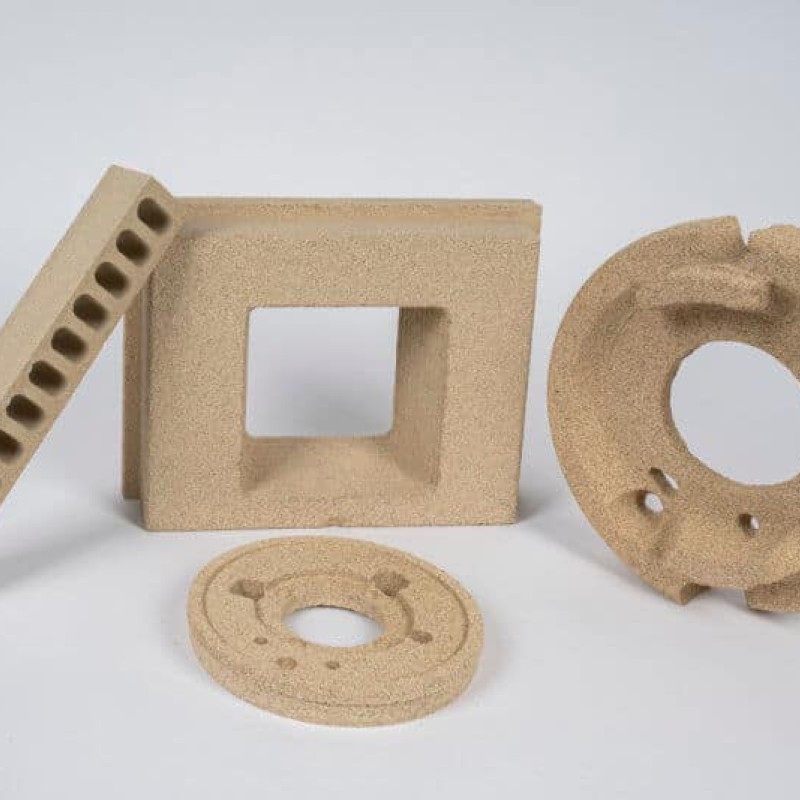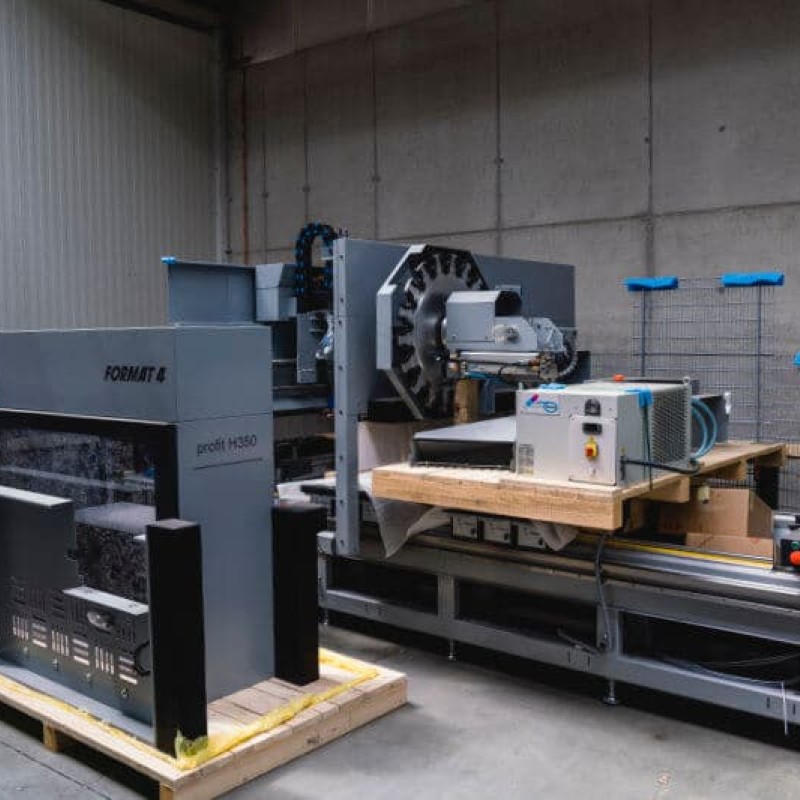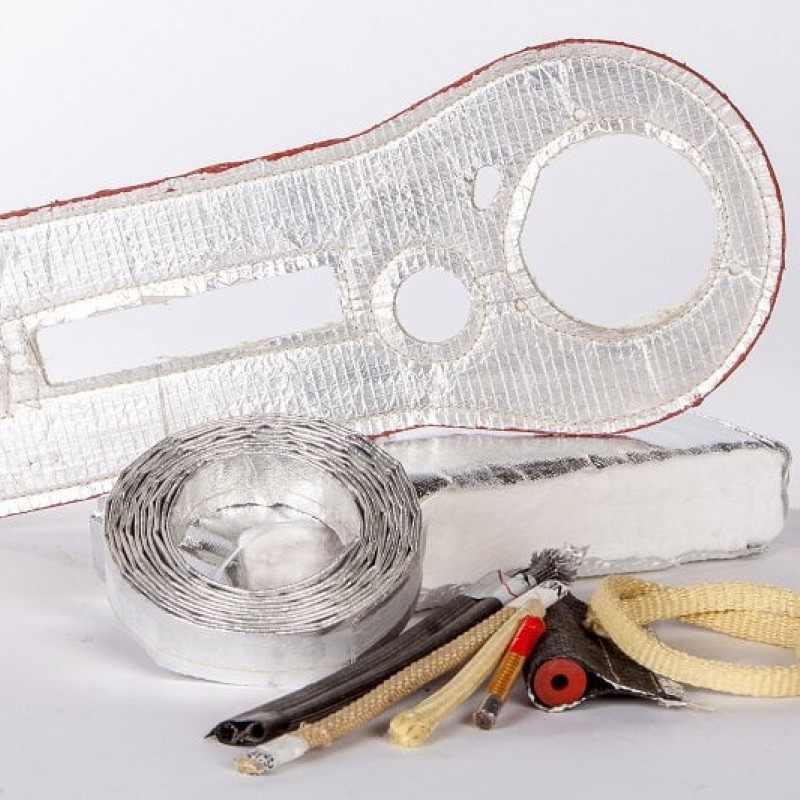Textile clothing & insulation
RBS textile insulation and insulation sleeves made of high-temperature-resistant fabrics are used in a wide variety of industries for two main reasons.
- PRODUCT VARIATIONS
- Manufacture according to customer specifications
-
Temperature resistant
Depending on material composition, application temperatures up to 1260°C.
Energy efficiency
Increasing energy efficiency in areas where other insulation is not possible.
Contact protection
Contact protection to increase work safety.
Einbau
CHARACTERISTICS
RBS textile insulation and insulation sleeves made of high-temperature-resistant fabrics are used in a wide variety of industries for two main reasons:
- Increase in energy efficiency in areas where other materials cannot be used for insulation
- As contact protection to increase work safety
Regardless of whether in pipeline construction, for large and small engine production or in exhaust gas treatment, RBS technical assemblies stand for a long service life and, if necessary, can be exchanged with innovative lashing and tensioning systems without great effort.
Benefits
- High temperature resistance
- energy efficiency
- contact protection
- Made of various high temperature resistant fabrics
- For pipeline construction, large and small engine production or exhaust gas treatment
- Long service life
- Innovative lashing and tensioning systems easy to exchange
-
Downloads
KS Technologie product catalog
Refractory | Seals | Foundry supplies | Conveyor chains | Chesterton
-
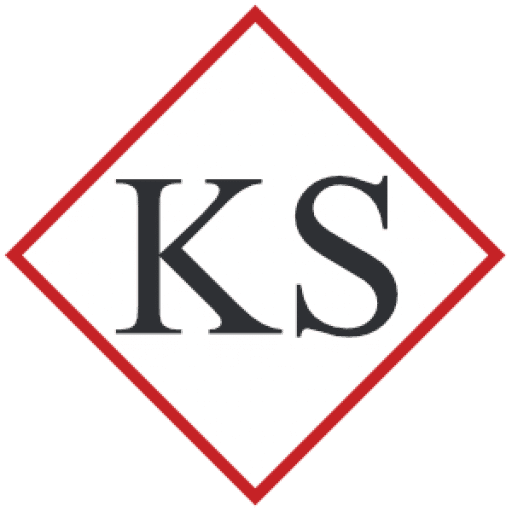
KS Kneissl & Senn Technologie
KS Kneissl & Senn Technologie GmbH has been producing insulation materials and seals for a wide variety of applications up to a temperature range of 1600 ° C since 2001. A diverse machine park (CNC 5-axis milling, plotting, punching, sewing, water jets, vacuum forming, etc.) enables us to do a variety of things Materials in shape for you bring to. The main materials include materials such as: glass fibers, Aramid fibers, mineral fibers, Biosoluble fibers, Ceramic fibers, silicate fibers, Vermiculite, Calcium silicate, Microporous materials, Rubber Material (Rubber, silicone, Silicone sponge, etc.), etc.
Seit 2009 ist der Betrieb nach der ISO9001 zertifiziert, aktuell lt. Normenrevision 2015.
